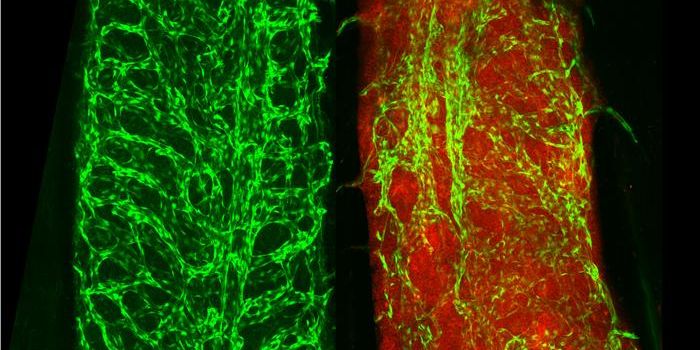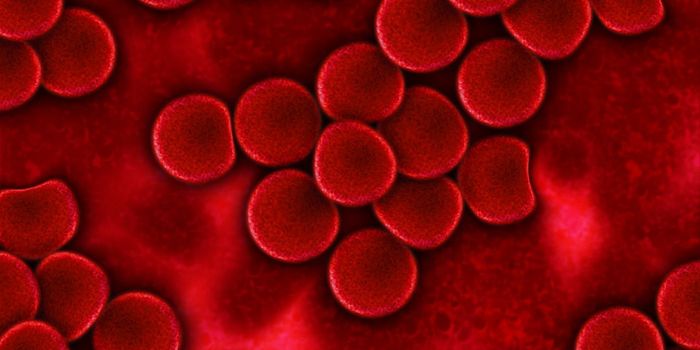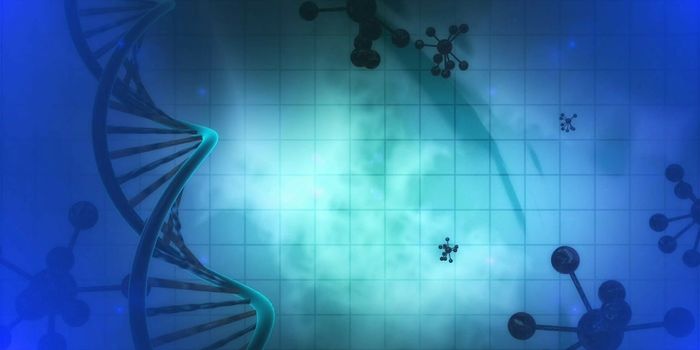Reserach on APOBEC3A opens the way for new treatment targets
New research identifies how a protein, APOBEC3A, triggers genetic changes that result in various cancers. This expansion of the understanding that APOBEC3A plays in tumor cells could lead to more effective targeted anti-cancer treatments.
The research, entitled, "Quantification of ongoing APOBEC3A activity in tumor cells by monitoring RNA editing at hotspots," was led by scientists from the University of California, Irvine. Senior investigator Remi Buisson, PhD, is an assistant professor in the Department of Biological Chemistry at the UCI School of Medicine. Buisson commented:
"Targeting cancer cells with high levels of APOBEC3A protein activities and disrupting, at the same time, the DNA damage response necessary to repair damages caused by APOBEC3A, could be key to more effective cancer therapies. However, to exploit the vulnerability of the cancer cells, it is critical to first quantitatively measure the protein's activity in tumors."
In order to quantify that activity, the researchers developed an assay using hotspot RNA mutations to measure the RNA-editing activity of APOBEC3A in cancer cells. To do so, they utilized droplet digital PCR.
The implications of this study, which was published in Nature Communications, are significant, say the researchers.
"Our study presents a new strategy to follow the dysregulation of APOBEC3A in tumors, providing opportunities to investigate the role of APOBEC3A in tumor evolution and to target the APOBEC3A-induced vulnerability in therapy," said Buisson. "We anticipate that the RNA mutation-based APOBEC3A assay will significantly advance our understanding of the function of the protein in tumorigenesis and allow us to more effectively exploit the vulnerabilities it creates in cancer therapy."
Sources: Nature Communications, Eureka Alert









